Netanyahu has a new ceasefire red line. Israel’s military thinks it’s movable
Benjamin Netanyahu is insisting on a military presence at key crossing points into Gaza but military leaders believe troops don’t need to be physically stationed at the crossings to monitor them.
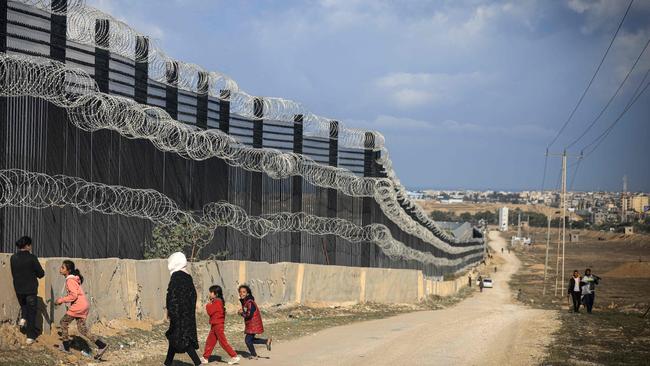
One of the biggest sticking points to emerge from the on-running Gaza ceasefire talks is the future of a key crossing point into the enclave and control over two corridors within it.
Hamas says Israeli troops must leave; Israeli Prime Minister Benjamin Netanyahu says they have to stay. But Israel’s military leaders don’t think the matter needs to be a deal breaker.
The issue is holding up the progress of a deal that would stop the war and free the hostages in Gaza. Secretary of State Antony Blinken discussed it with Egyptian President Abdel Fattah Al Sisi in the Egyptian city of El Alamein on Tuesday, according to negotiators.
Netanyahu says pulling Israeli troops from the Philadelphi Corridor, which divides Gaza from Egypt, the Rafah border crossing, which connects the two, and the Netzarim Corridor which cuts across the enclave, would allow Hamas to reconstitute. Israel has long said that tunnels exist underneath the Philadelphi corridor through which militants smuggle weapons between Egypt and Gaza. Egypt denies such routes exist.
Israeli military leaders, however, have said that troops don’t need to be physically stationed at the locations to be able to monitor them. Instead, sensors can alert them to tunnel-building efforts that they can disrupt through targeted raids, current and former military officials say.
The optics of Israel having control over key locations in Gaza, such as the Rafah crossing, could also generate international concern that Israel is reoccupying Gaza, something its government is reluctant to do after ending its occupation in 2005.
“There’s a fear [outside of Israel] that this is the beginning of Israeli sovereignty in Gaza,” an Israeli official said.
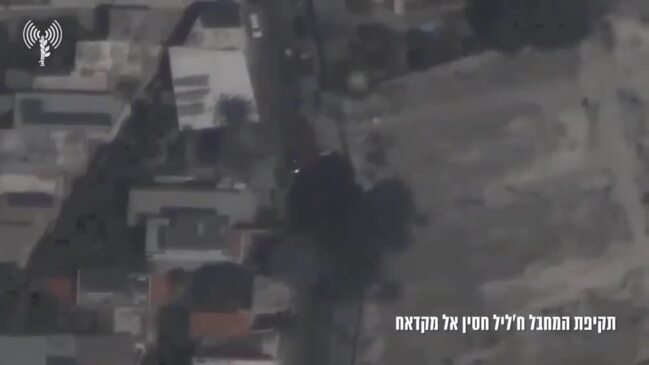
The difference in opinion between the country’s military and political leadership is the latest in the course of the nearly 11-month-long war. Netanyahu and his generals have disagreed, at times publicly, over the post-war vision for Gaza and who should rule it and even clashed about whether Netanyahu’s war aim of “total victory” over Hamas is feasible.
“The role of the IDF is to present the political echelon with all security options and to implement any decision the political echelon makes,” an Israeli military spokesman said, referring to the Israel Defense Forces.
The rift also reflects internal divisions within the country: Polls show a majority of Israelis support a ceasefire in exchange for the release of hostages. But Netanyahu and key hard-right members of his coalition oppose any deal they regard as preventing a decisive victory over Hamas.
A last-ditch effort to get a ceasefire deal over the line this week saw Blinken shuttling around the Middle East as the main negotiating teams met in Qatar and Egypt. Blinken said Israel accepted a bridging proposal to overcome the remaining differences between the two sides, but Hamas publicly rejected it.
Technical meetings could still take place later this week, though U.S. and Arab negotiators have indicated a breakthrough doesn’t appear imminent.
Israel is “making an effort to return the hostages and preserve our strategic security assets in the face of major domestic and foreign pressure,” Netanyahu said on Tuesday of the talks. “The first thing is to eliminate Hamas and achieve victory.” Netanyahu laid out his red lines to negotiators: Troops must be able to secure the nine-mile Philadelphi Corridor and Israel must be able to block militants seeking to return to northern Gaza by maintaining a presence along the Netzarim Corridor, according to negotiators.
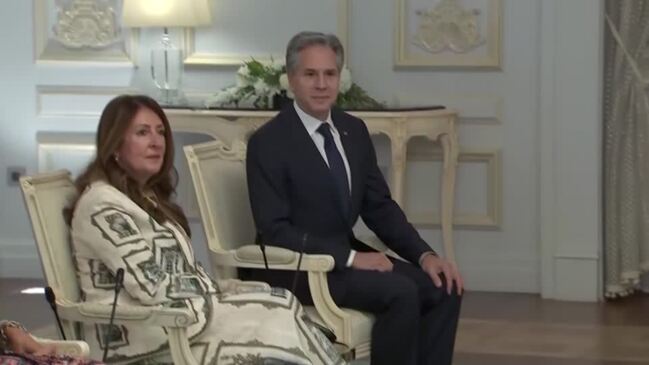
Late Wednesday, Netanyahu’s office denied a report by Israel’s public broadcaster Kan that the Israeli leader had agreed to leave the Philadelphi corridor in the second of three stages of the current U.S. ceasefire proposal.
“Israel will insist on achieving all the goals of the war, as defined by the cabinet – including the goal that Gaza will no longer pose a security threat to Israel. And this necessitates the closing of the southern border,” the prime minister’s office said.
This sets Netanyahu in opposition to Egypt, a mediator in the talks, which insists Israel cede control of the Rafah border crossing to Palestinians. Cairo has shut its side of the border crossing since Israel captured the Gazan side in May.
Israel’s military recently said it found the Rafah crossing itself was an important underground smuggling point for Hamas, which it says uses tunnels beneath underpasses there to transfer goods.
Still, Israeli military leaders say bigger issues are at stake. Most publicly, Israeli Defense Minister Yoav Gallant has argued that the time is ripe for a ceasefire deal. Israeli troops – most of whom are reservists – are exhausted after multiple tours of duty in Gaza and the West Bank. The economy has been badly hurt. And threats are growing on Israel’s northern border, where the Lebanese militia Hezbollah has promised to respond to an Israeli strike that killed a commander last month. Tensions with Iran are also high after Tehran blamed Israel for the killing in Iran of Hamas leader Ismail Haniyeh.
Gallant on Tuesday, in a meeting in northern Israel with military commanders, said he discussed “deepening [Israeli] strikes across Lebanon and switching the centre of gravity from the south to north.” The debate also comes after Israel on Tuesday retrieved the bodies of six Israeli hostages, all of whom were seen alive earlier in their captivity. Their recovery has put a spotlight on the urgent plight of those held in Gaza, as it becomes increasingly clear that many of the hostages are dying as captives.
The Israeli military is considering a variety of plans for the Philadelphi Corridor and says publicly that it can control the route with or without a permanent troop presence. The military and ceasefire negotiators have proposed installing sensors and physical barriers underground to prevent smuggling. The military is also providing options that range from large or medium troop deployments along the border to some without troops on the ground. Israel has been discussing the contours of a potential security system on the Rafah border for months. Gallant raised the issue as early as November to the military and cabinet.
“The disagreement is between permanent presence and the ability to reach it whenever you can,” said a former military official.
However, Amir Avivi, a former deputy commander of the Israeli military’s Gaza division, said it would be impossible for Israel to effectively prevent smuggling into Gaza without a permanent presence on the ground. Vacating the Netzarim Corridor would also mean allowing Hamas to rearm in northern Gaza, putting Israeli communities in the area once again under threat of constant rocket fire.
“Anyone who says they can secure the border without soldiers on the ground is saying something unprofessional and untrue,” he said.
Israel Ziv, a retired Israeli general who commanded troops along the corridor before Israel pulled out of Gaza in 2005, said the technology Israel could deploy would monitor whether tunnels are being re-established. But he added that even when Israel had troops along the corridor it didn’t stop weapons smuggling and that, regardless, Hamas produced much of its arsenal inside the enclave.
“I think it’s more about a symbolic issue than an actual one,” he said.
Dow Jones

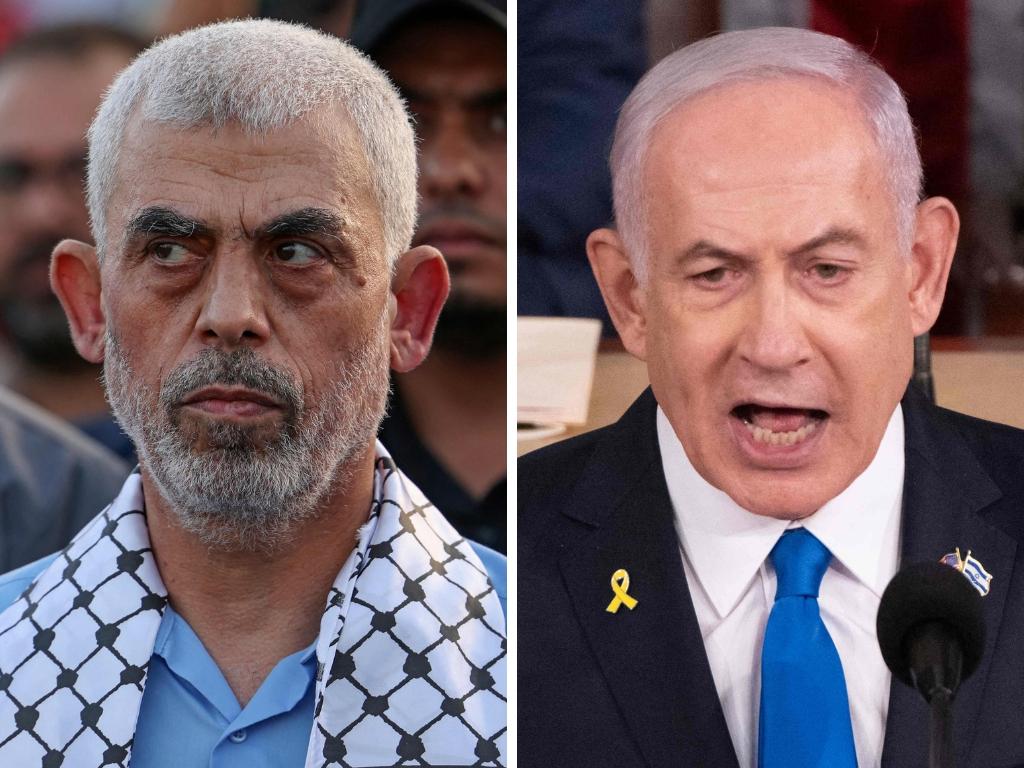

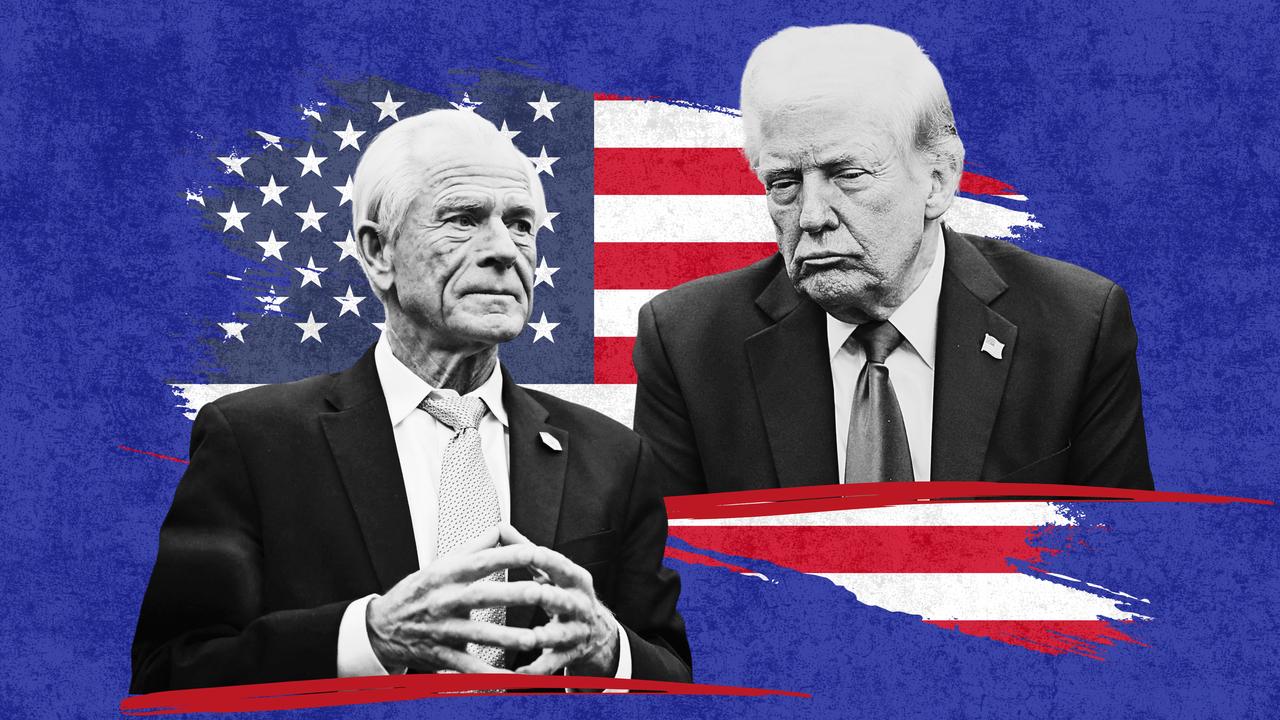

To join the conversation, please log in. Don't have an account? Register
Join the conversation, you are commenting as Logout